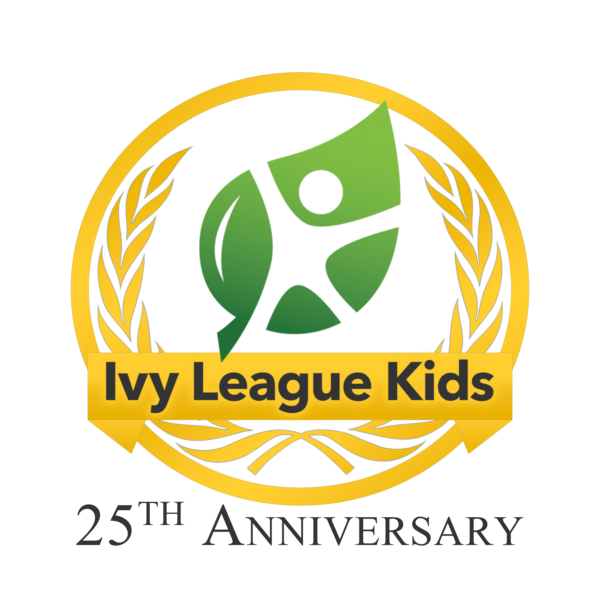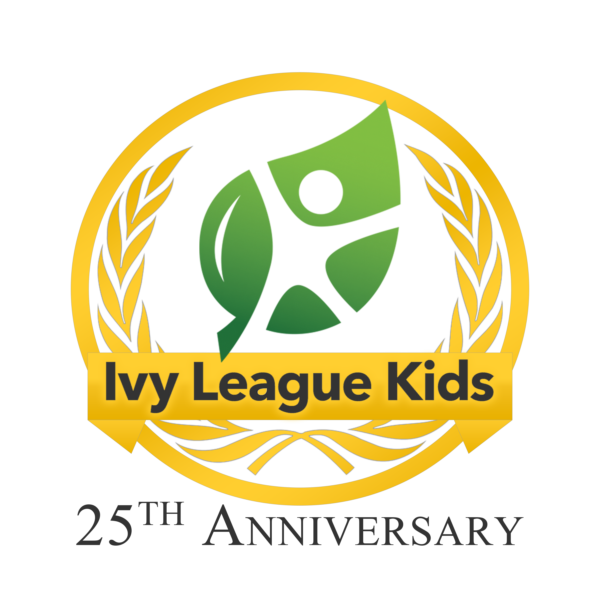Tackling Fatigue: Recognition and Management for Parents of Special Needs Children
Caring for children with special needs encompasses a unique set of challenges and it’s not uncommon for parents to feel both fatigued and overwhelmed at the end of the week. If you’re a carer looking to improve your mental and physiological well-being, you’ll need to analyze your patterns of exhaustion and take steps to improve.
Diagnosing Fatigue
The first step towards reducing fatigue is to diagnose it. A good starting point is to look at the symptoms of fatigue themselves. Sleep quality is instrumental to the development of fatigue variables and can often be effectively measured via the use of Fitbits and consumer-based ‘sleep tech.’ On average, adults need between 7-9 hours per night and anything less than this (experienced over a prolonged period of time) can result in symptoms such as hypertension, memory loss, inability to concentrate, and immune system deficiency. You’ll often find, just by checking and measuring, you learn more about your body’s limits and how to plan a course of restorative action.
It’s also important to partner self-assessment with independent research. For example, studies exploring the relationship between fatigue and parents of children with Autism Spectrum Disorder (ASD) suggest an ongoing correlation between parenting satisfaction (those who feel like they’re doing an adequate enough job) and exposure to variables of fatigue. As an exercise, consider when and whether you feel your methods of parenting are effective and try to assess your own overall competency (satisfaction) – this may give you further insights into the relationship between your commitments and feelings of fatigue.
Developing a Plan
If assessing your level of fatigue is the first step, developing a plan of action should be the second. It usually helps to keep a journal, charting your daily routines and the impact that activities have on your emotional and physiological wellbeing. By this method, you can identify and then work to strategically address the most urgent stressors – for example, if you’re finding particular activities (such as meal times) trigger the worst symptoms, you can work with partners, caregivers, or experts to limit your exposure or develop new practices that make the event more manageable. Your journal can also help you to pinpoint suitable times of day for self-care – it will help to use quieter periods to focus on cardio exercise or preparation of healthy food, for example. Whilst temporarily exhausting, these kinds of activities often help to alleviate fatigue in the long term.
As a parent of a special needs child, it is sometimes necessary to shift the emphasis towards self-maintenance. Ultimately, this can be of benefit to both you and your child. But, as you pursue your plans for self-help, it’s important to consider any potentially unwanted or “negative” outcomes – these might include under-treating anxiety/depression or creating a dependence on support networks. Remember, in matters of mental health, it’s important to avoid self-diagnosis and defer to a professional.
Personal Goals
When so much of our focus is on our loved ones, it can be difficult to carve out time for our own personal goals. Keeping goals is important, however, as they allow us to imagine functions for ourselves beyond service to our loved ones, and, crucially, they allow us to envision a more positive future. Even if you’re limited in your ability to move around, many opportunities are available remotely – for example, you could build upon your experience caring for children and pursue a degree in elementary teaching or childhood education.
Managing fatigue can be a struggle for almost anyone, but the issue is more often exacerbated for those with special needs children. If you can take the time to self-monitor and adapt your lifestyle accordingly, there’s no reason why you can’t move forward with more confidence and more energy.
Ivy League Kids offers after-school programming for students in Kindergarten through eighth grade at locations in the Chicago, IL suburbs. To learn more about our unique programs, visit: www.ivyleaguekids.org
Image by Pexels

